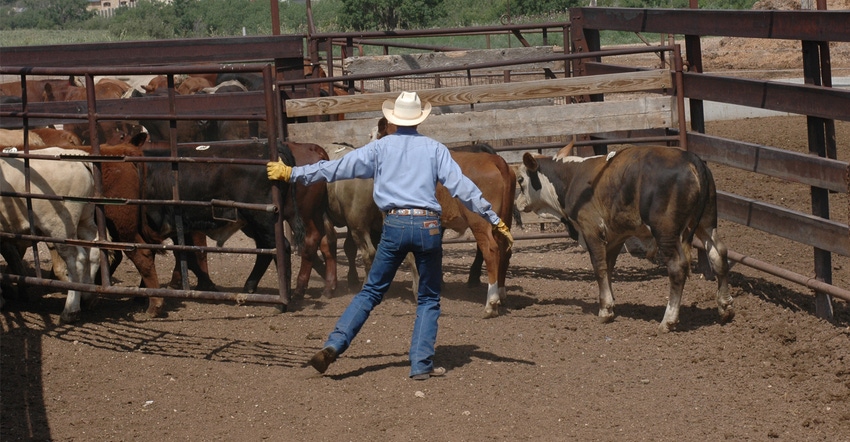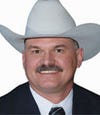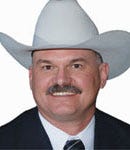‘Good enough’ isn’t enough with animal welfare
“Good enough” is never good enough when it comes to animal welfare. That’s why ongoing training in proper animal handling techniques is essential.
August 5, 2019

Every so often, it is good to take a step back from our daily activities, review what we know (and what we think we know) and consider the bigger picture. Recent activities by animal rights groups have provided me the impetus to do that. If we don’t do this occasionally, we can fall into the trap of tunnel vision.
In the spirit of review, it is important to distinguish between animal rights (AR) and animal welfare (AW). Oddly enough, I found a succinct differentiation of these two concepts on the People for the Ethical Treatment of Animals (PETA) website: “Animal rights means that animals are not ours to use for food, clothing, entertainment or experimentation. Animal welfare allows these uses as long as ‘humane’ guidelines are followed.”
Folks on either end of the spectrum would probably debate how comprehensive this distinction is, but in the interest of space, let’s accept it as is. There are two points I would make very clear:
The ultimate agenda of AR would end the use of animals for food, clothing, entertainment or experimentation.
Many AR groups are constantly trying to blur the distinction between AR and AW, with some AR groups abandoning the AR label and claiming to be AW.
Videography has proven to be a very effective tool for AR groups. Some of the actions depicted in these videos are truly animal abuse. Other actions are not abusive, but are purposefully misrepresented by the AR groups to help further their agendas.
For instance, a cow lying down while giving birth has been construed as neglect, and a cow mooing has been interpreted as calling for her calf (I wish we could decipher bovine linguistics!). In some ways, it is encouraging that AR groups must resort to deceiving their own donors in order to bolster their coffers, as it indicates they are struggling to find true instances of abuse.
But as I stated earlier, AR groups do find some actions that are truly abusive, and these must stop. We must evaluate everything we do, even if those things have been done that way for generations, and seek ways to do those things better.
For instance, hot-iron branding is an issue that many consumers (and AR groups) find unacceptable. In some areas of the U.S., branding is necessary and even required by law. But in other areas, is it absolutely necessary? Is it possible that some branding is used more as a form of advertisement than as a theft deterrent? Can we do better?
Training workers and family members on animal handling and care has never been more important. Documenting this training is just as important. And we must continue to train, retrain and redocument.
Good animal care must become a habit, a part of the culture. It seems to take only a very short time for bad habits to develop; and if new workers see those bad habits, they tend to accept them as normal and follow suit. Leaders and supervisors need to demonstrate how important good animal care is and that abuse is intolerable, even if it means going to extreme measures.
For example, if a worker has been properly trained, but still gets caught abusing animals, we would all agree that the worker must be terminated. But, in addition, should criminal charges be brought against the worker as well? Doing so would send a strong message and help other workers understand the magnitude of importance that the farm places on proper animal care.
Make no mistake, the ultimate agenda of the AR movement is not to make life “better” for farm animals — it is to end animal agriculture. This has been openly stated many times. Even though some groups have worked hard to distort the difference between AR and AW, that difference is clear — and the agendas have not changed.
That said, there is still room for improvement on our part. “Good enough” should never be good enough — we must always strive to do a little better today than we did yesterday.
Sjeklocha is a technical services veterinarian for Merck Animal Health. He can be reached at his personal email, [email protected].
About the Author(s)
You May Also Like




.png?width=300&auto=webp&quality=80&disable=upscale)
